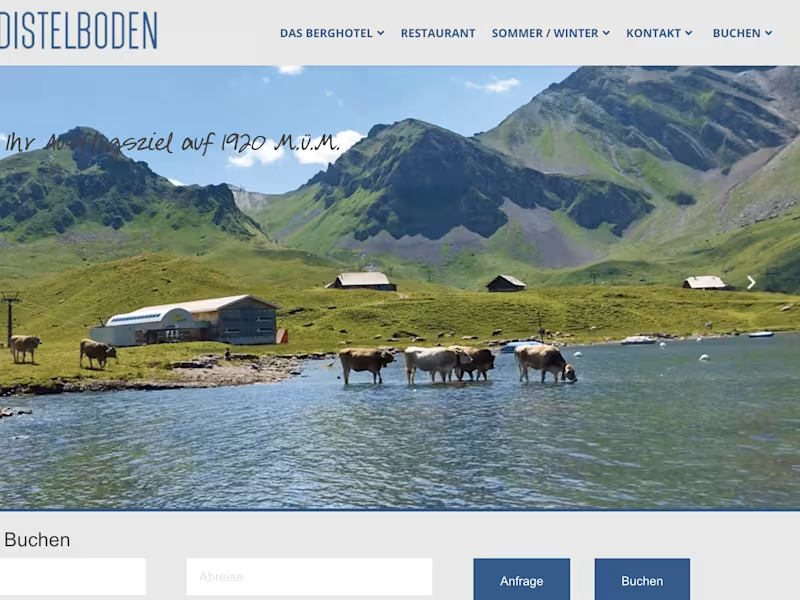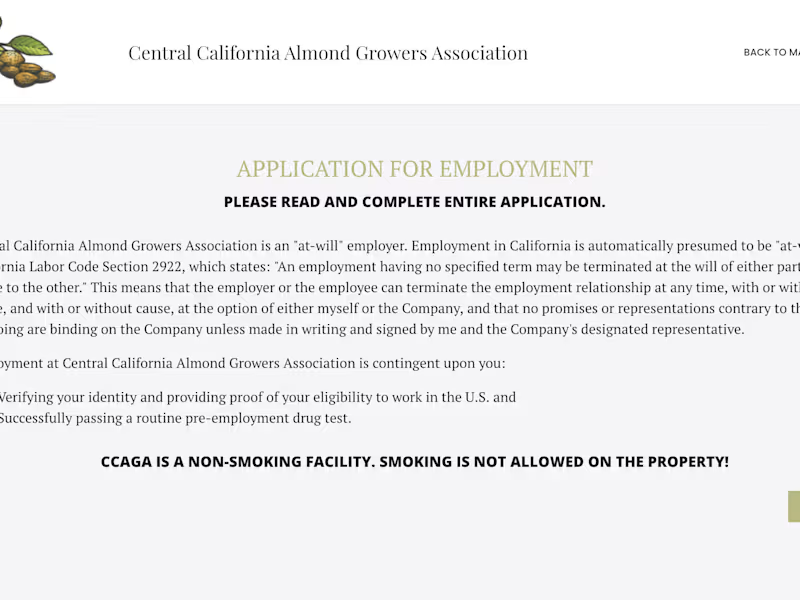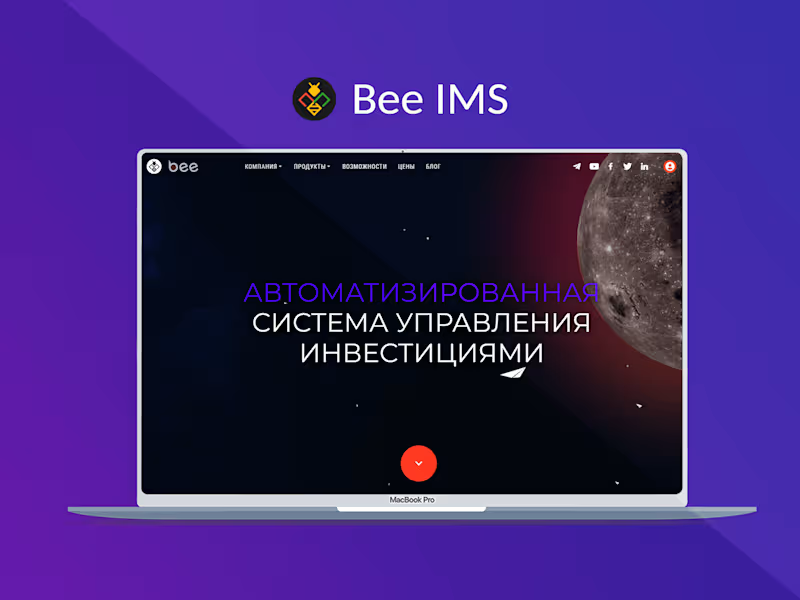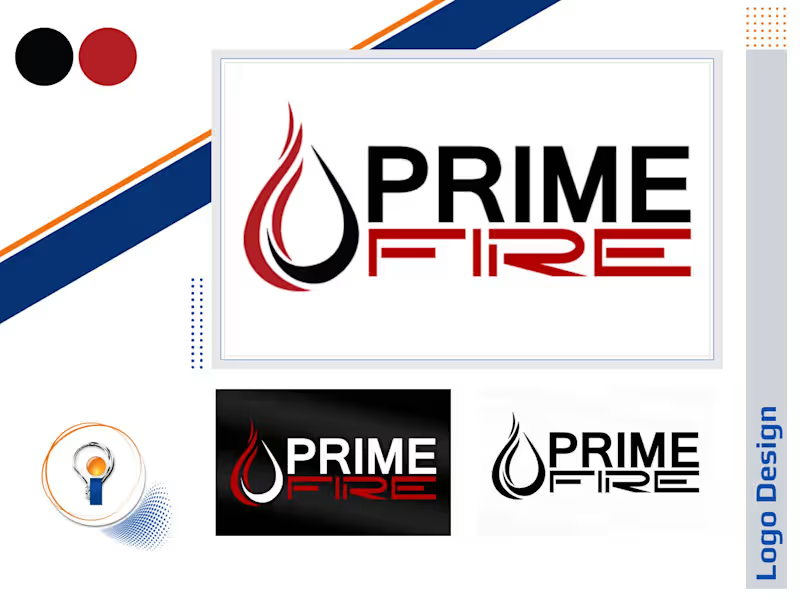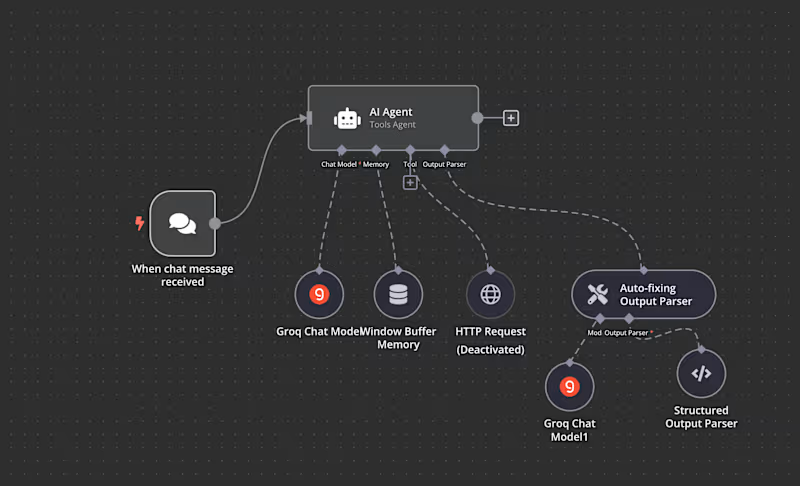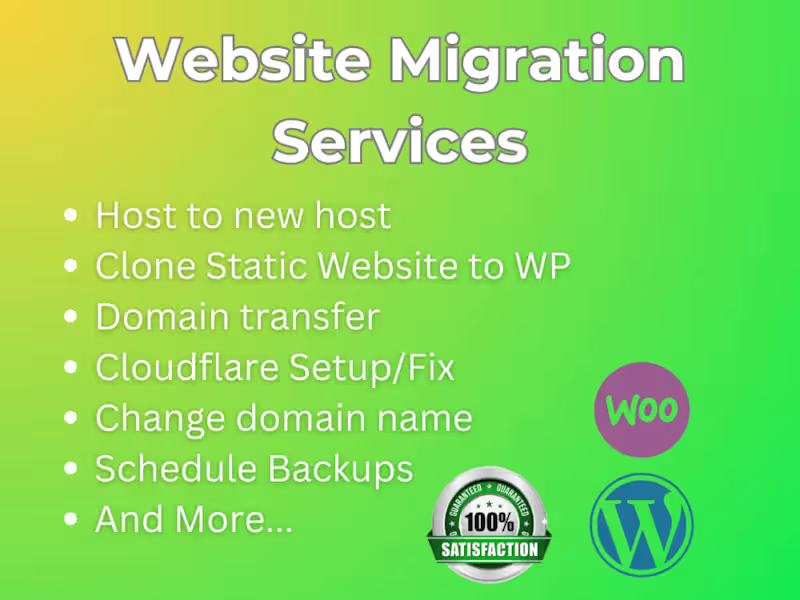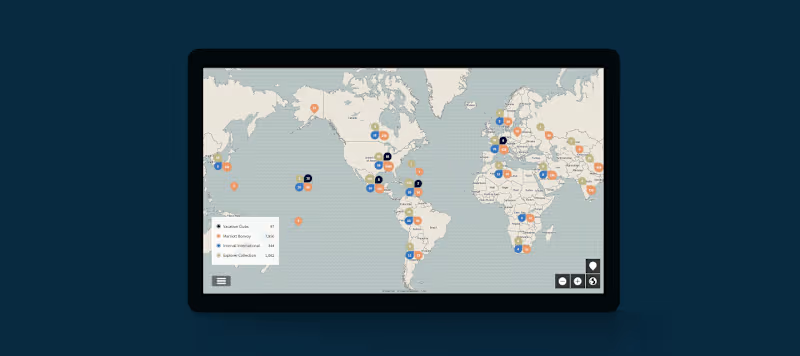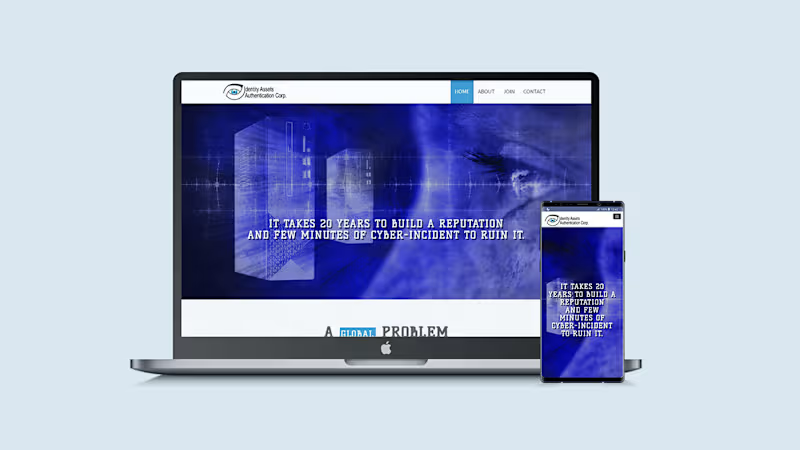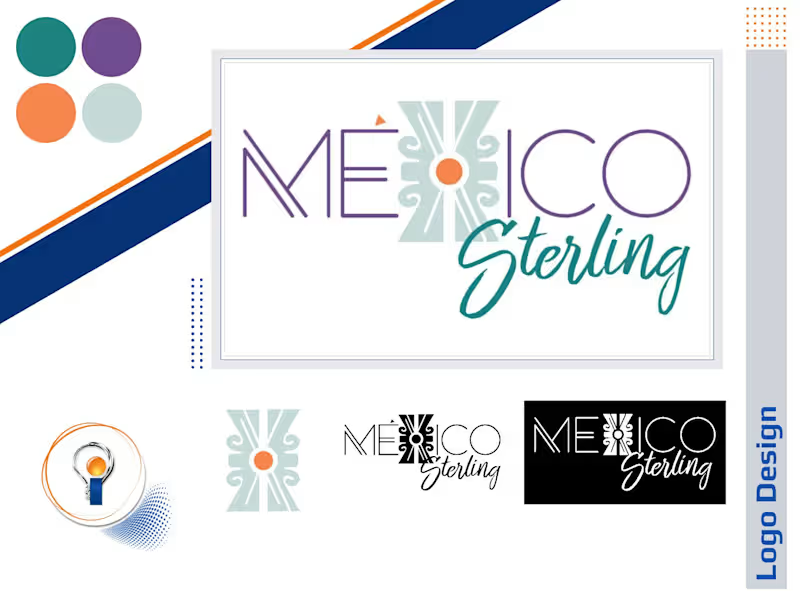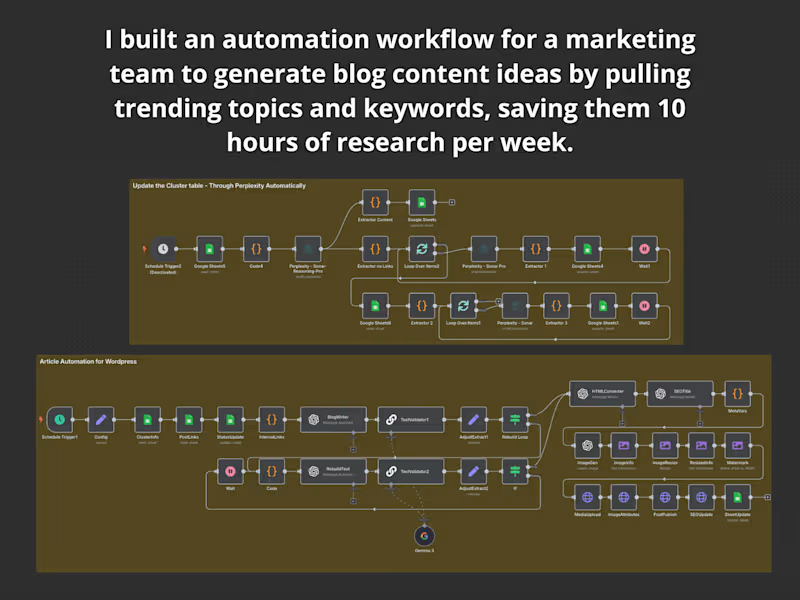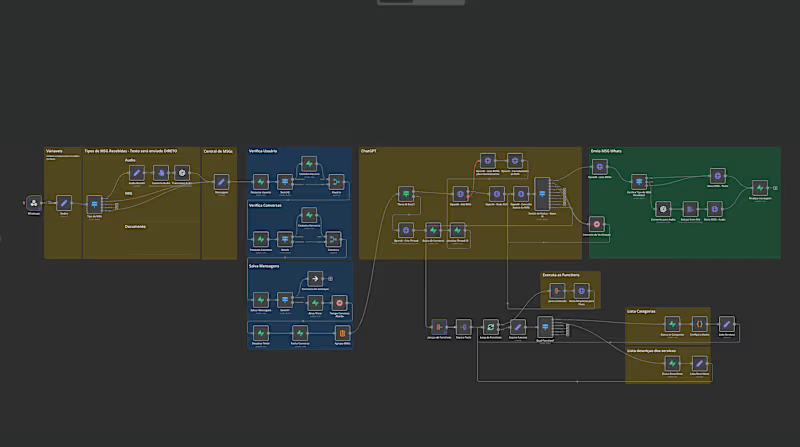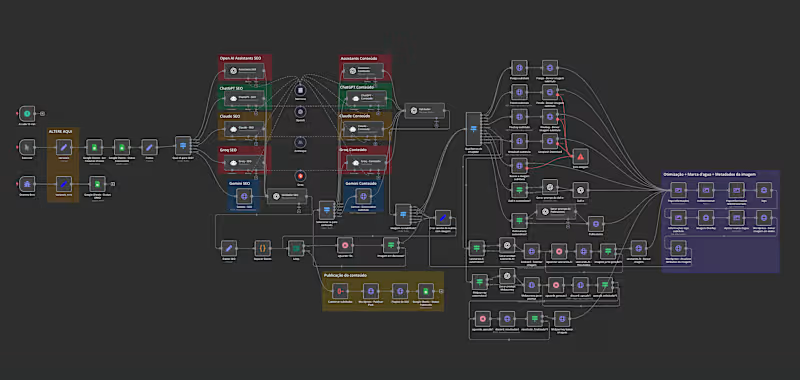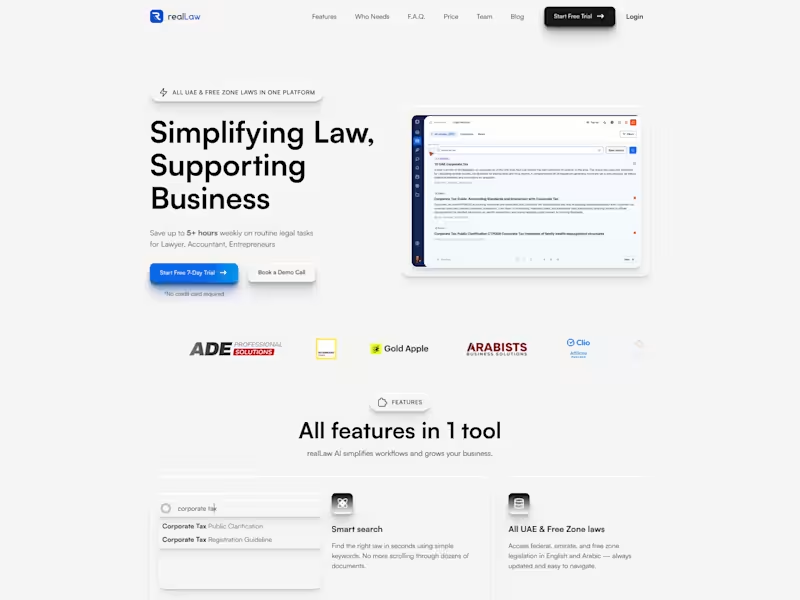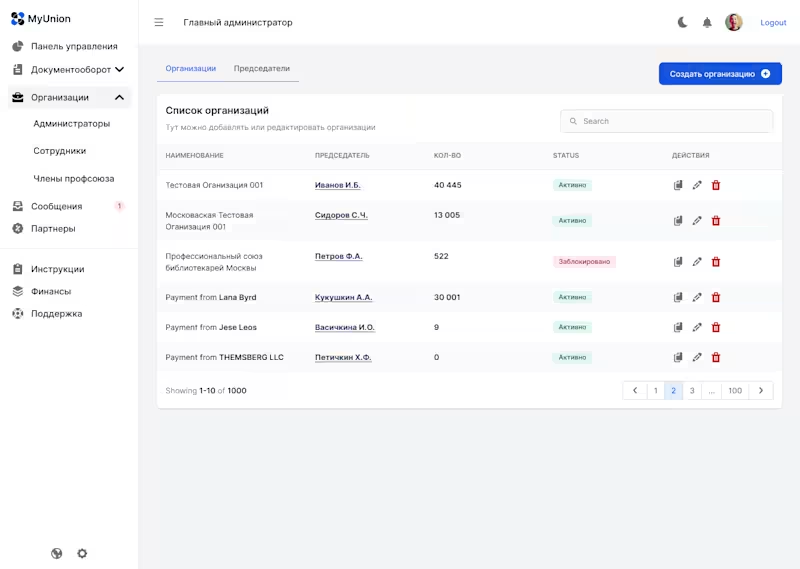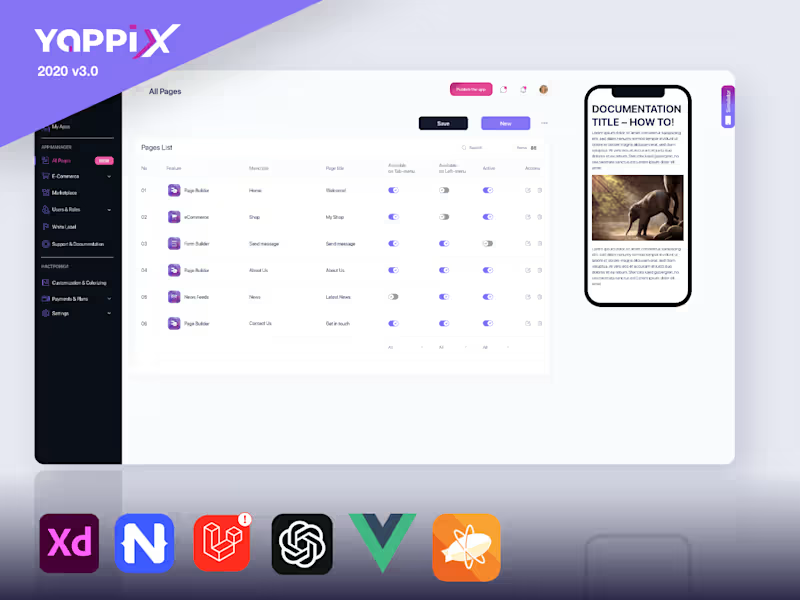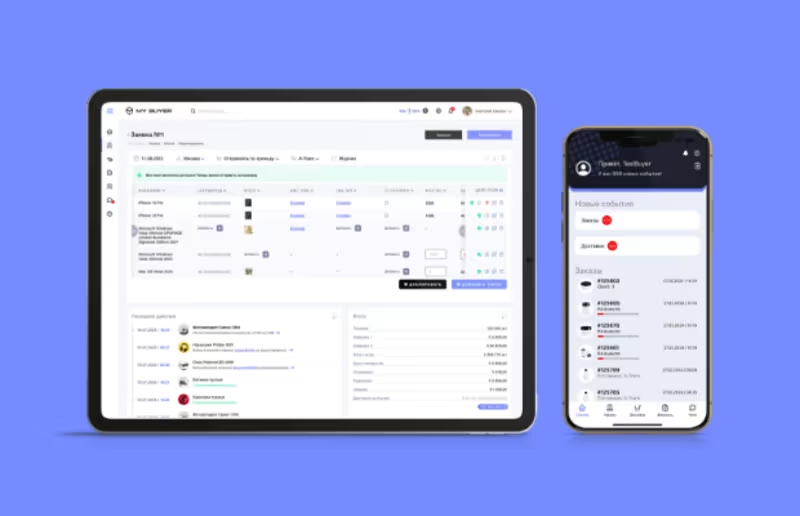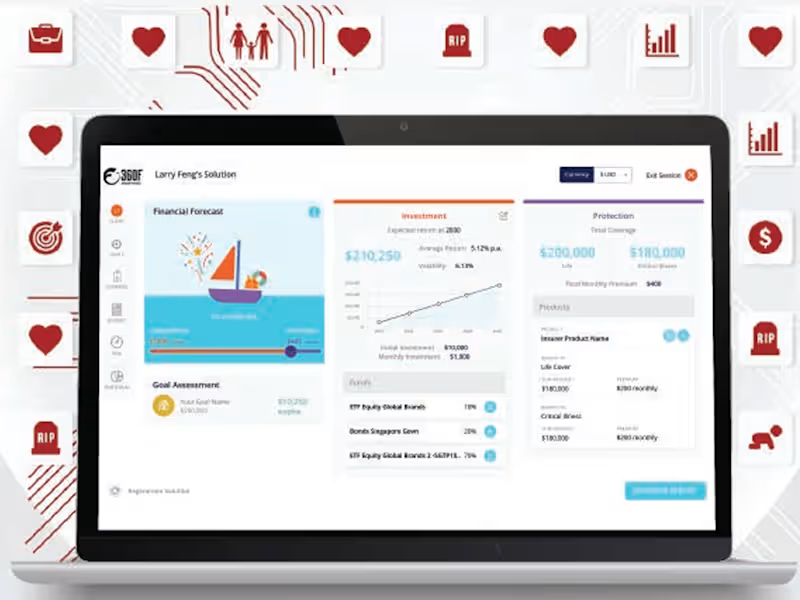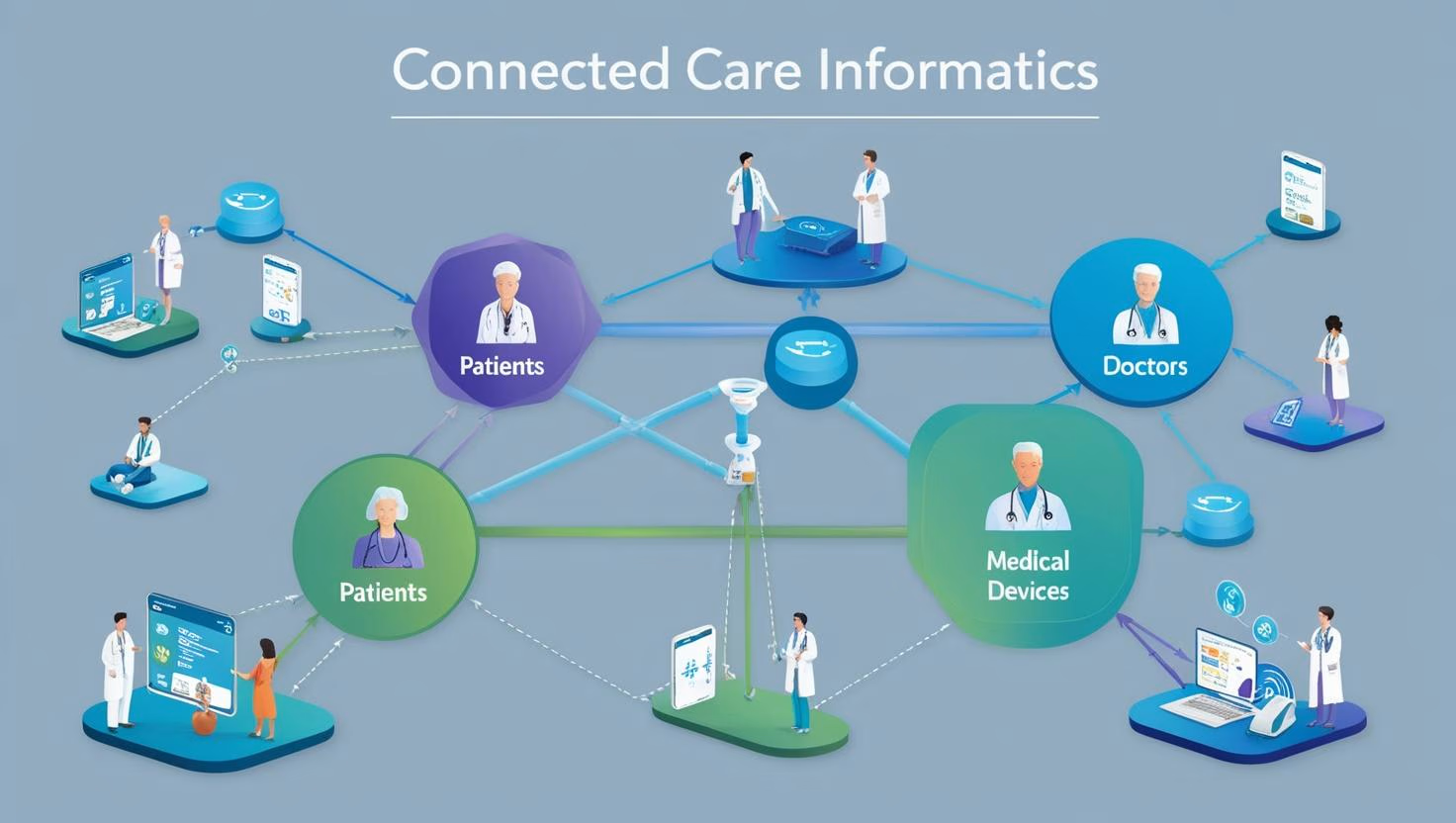Additional resources
Understanding Joomla CMS for Modern Web Projects
Overview of Joomla Web Architecture
Strengths of Joomla Compared to Other Open-Source CMS
When Joomla Is the Right Choice for Your Business Site
Why Hire Joomla Developers for Your Next Build
Complexity of Custom Joomla Development
Impact on Time-to-Market and Scalability
Real-World Success Stories With Joomla CMS
Core Skills and Competencies of Joomla Experts
PHP, MySQL, and MVC Framework Proficiency
Template Overrides and Custom Extension Development
SEO and Performance Optimization Techniques
Security Hardening and Compliance Knowledge
Hiring Models: Freelance, In-House, or Agency
Pros and Cons of Hiring Freelance Joomla Developers
Building an In-House Joomla Team
Engaging Specialized Joomla Development Agencies
Hybrid and Staff Augmentation Approaches
Crafting a Precise Project Brief and Scope
Defining Functional Requirements and User Roles
Selecting Extensions, Plugins, and Integrations
Setting Milestones, Deliverables, and KPIs
Writing an Effective Job Description to Attract Joomla Talent
Essential Keyword Phrases and Role Titles
Detailing Technical Stack and Tooling
Highlighting Remote Work Culture and Benefits
Screening and Interviewing Joomla Candidates
Portfolio and Code Review Best Practices
Technical Interview Questions Focused on Joomla CMS
Soft Skills and Communication Assessment
Technical Assessments and Practical Tests
Live Coding Challenges Specific to Joomla Modules
Performance and Security Audit Assignments
Evaluating Problem-Solving Workflow






























